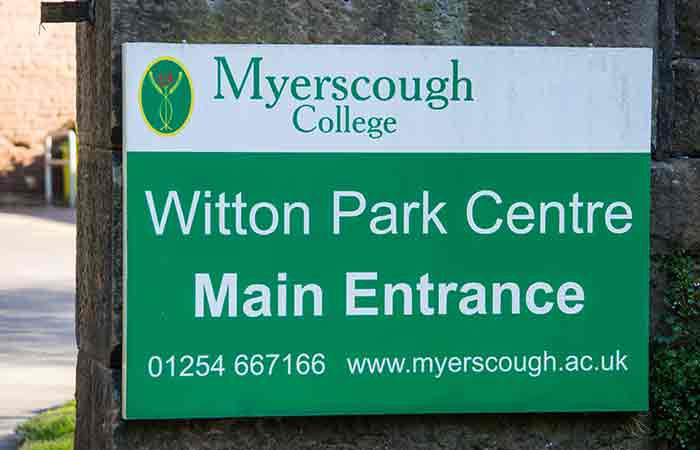 Workers employed by Myerscough College Lancashire have accepted a 6.5% pay rise backdated to 1 January 2024 following ongoing strike action.
Workers employed by Myerscough College Lancashire have accepted a 6.5% pay rise backdated to 1 January 2024 following ongoing strike action.
The employees, who are members of the University and College Union (UCU), will also receive a further 1% rise from Monday 1 July. The deal includes a commitment to award nine eligible staff with an incremental uplift from Thursday 1 August, which is worth £1,277 on average and is a £3,750 increase to college lecturers’ starting salaries.
The combined package is equivalent to an up to 12.8% increase. The college has also committed to a joint review of the terms and conditions of its learning support advisors, who are currently paid the minimum wage, and to assess moving all staff with more than a year’s service onto a permanent contract.
UCU members at Myerscough College took part in three days of strike action last November and called off a further four days in February, after college management agreed to negotiations at the Advisory, Conciliation and Arbitration Service (Acas). They won collective bargaining recognition last year, with this year being the first time the college has bargained with the union.
A Myerscough College spokesperson said: “The college is pleased that UCU members have accepted our latest pay proposals, marking the end of our pay dispute and paving the way for us to implement the pay award. We are committed to being an employer of choice, and this pay award underscores our ongoing efforts to recognise and reward the contributions of our valued colleagues. We believe this pay award demonstrates our commitment to doing all we reasonably can to address these challenges while working within a sustainable model.”
Daniel Maguire, regional support official at UCU, added: “This incredible win is the best pay award at Myerscough in years. It is down to the incredible solidarity of our members and shows what can be achieved when workers unionise and stand together. College employers in the North West and across England now need to look to Myerscough and see what can be achieved when you engage meaningfully with your workforce.”